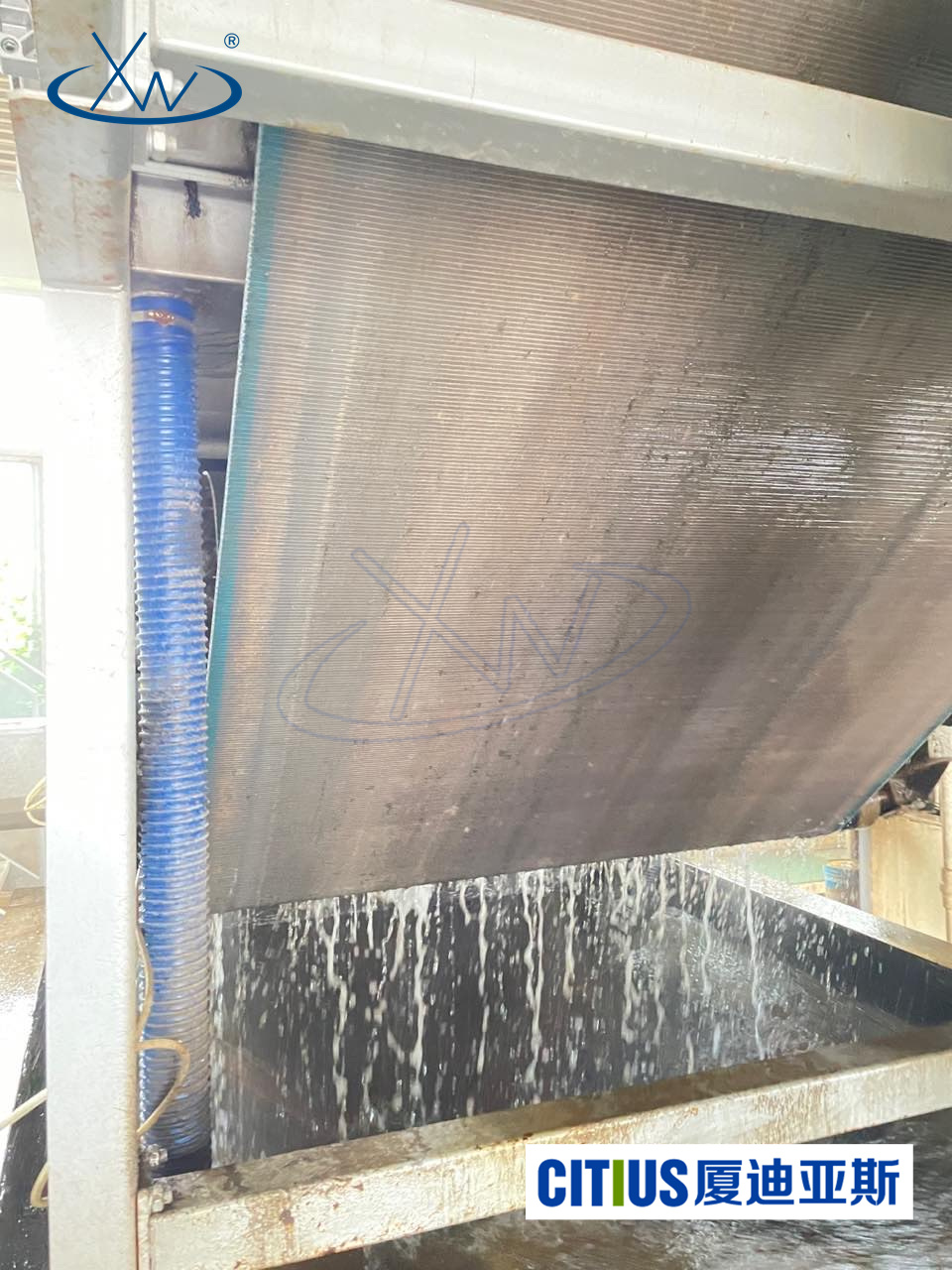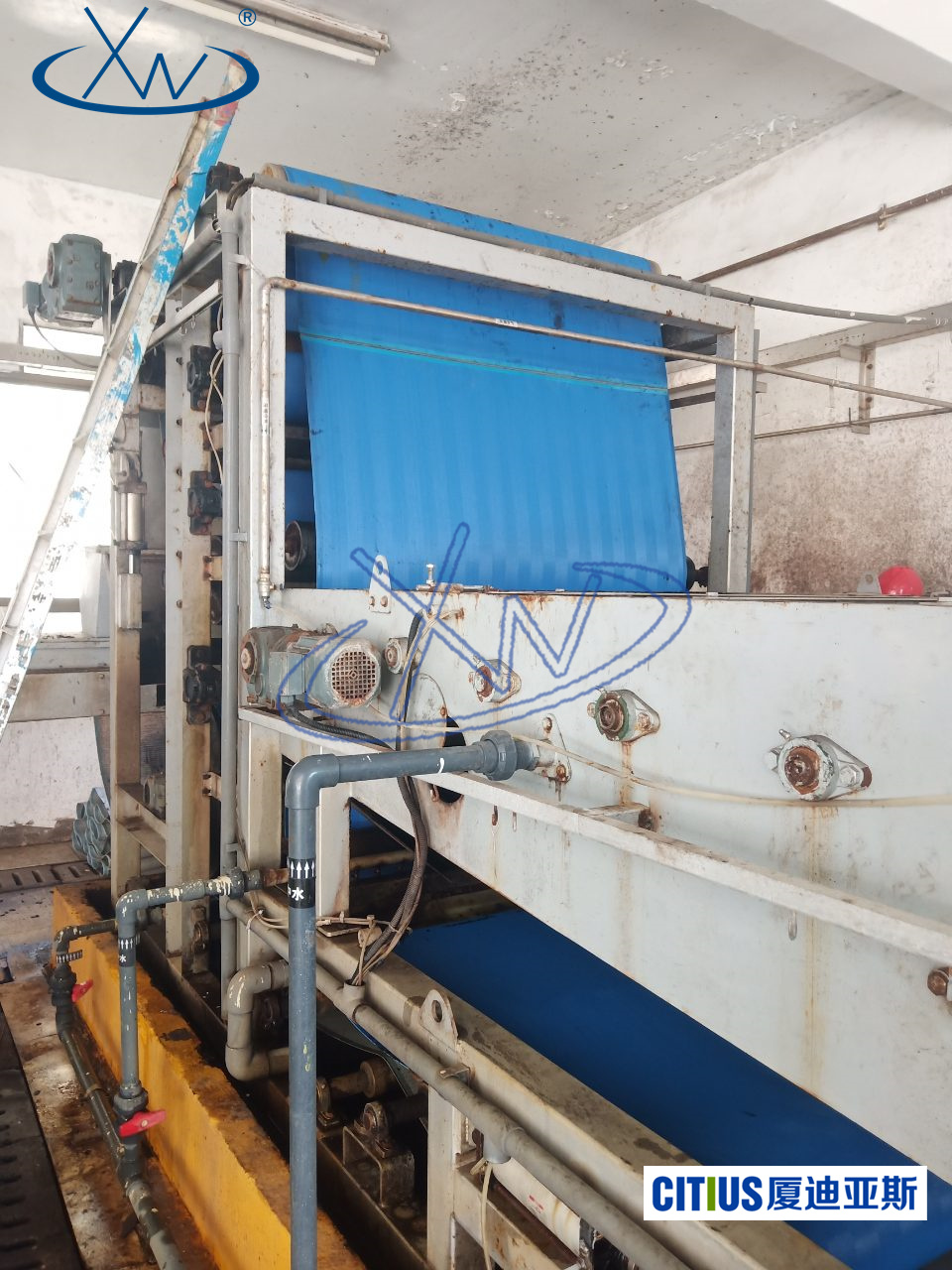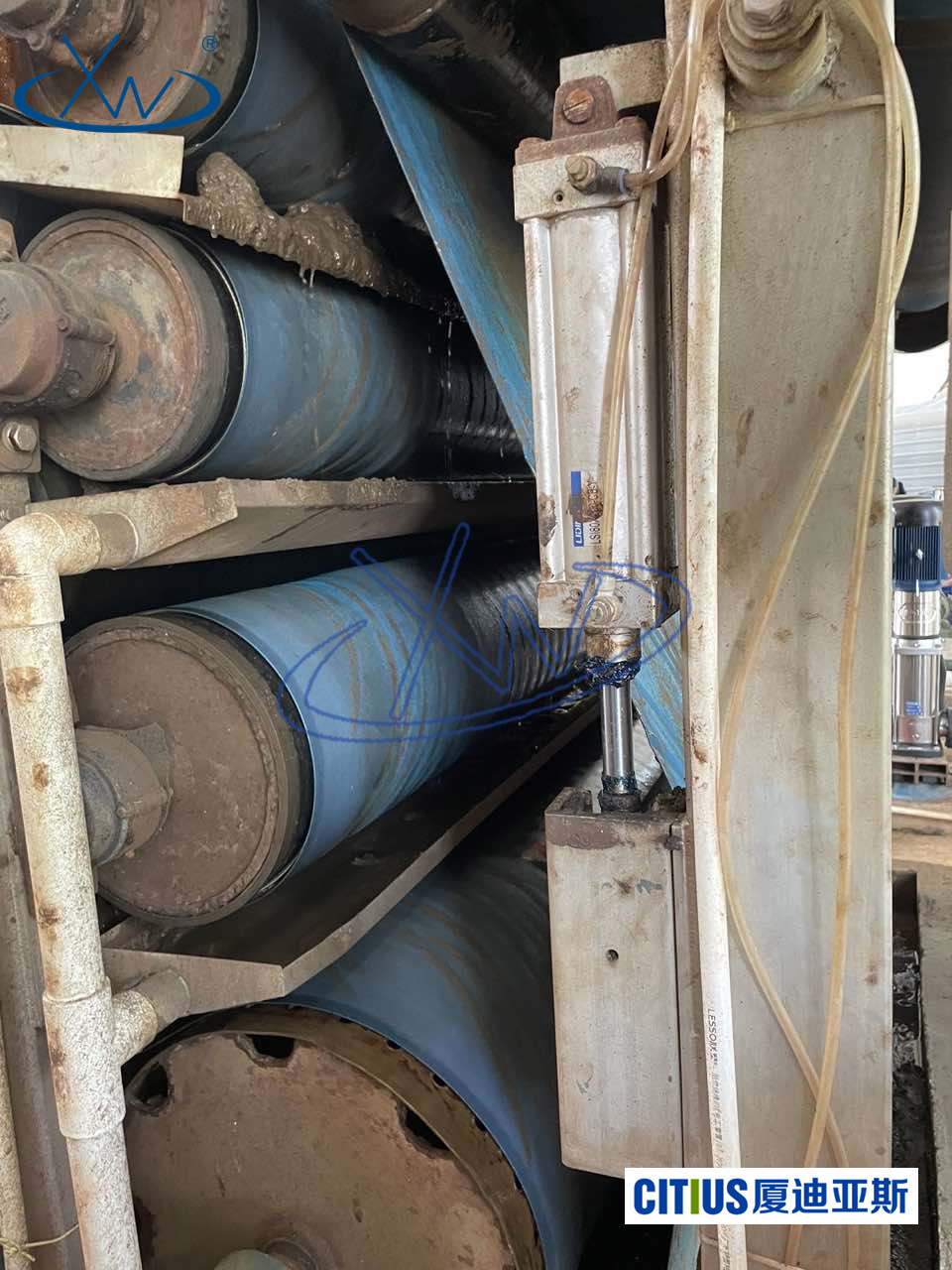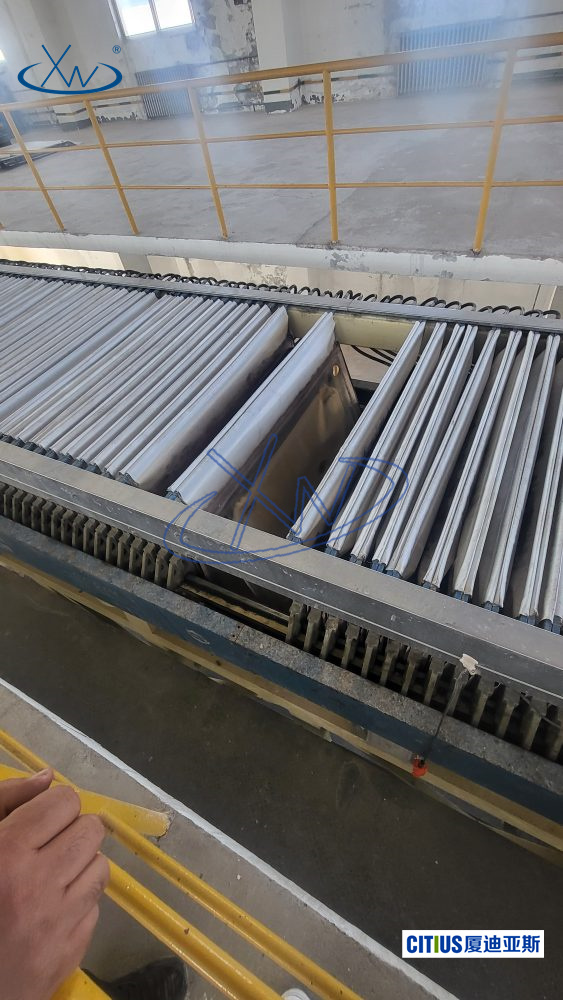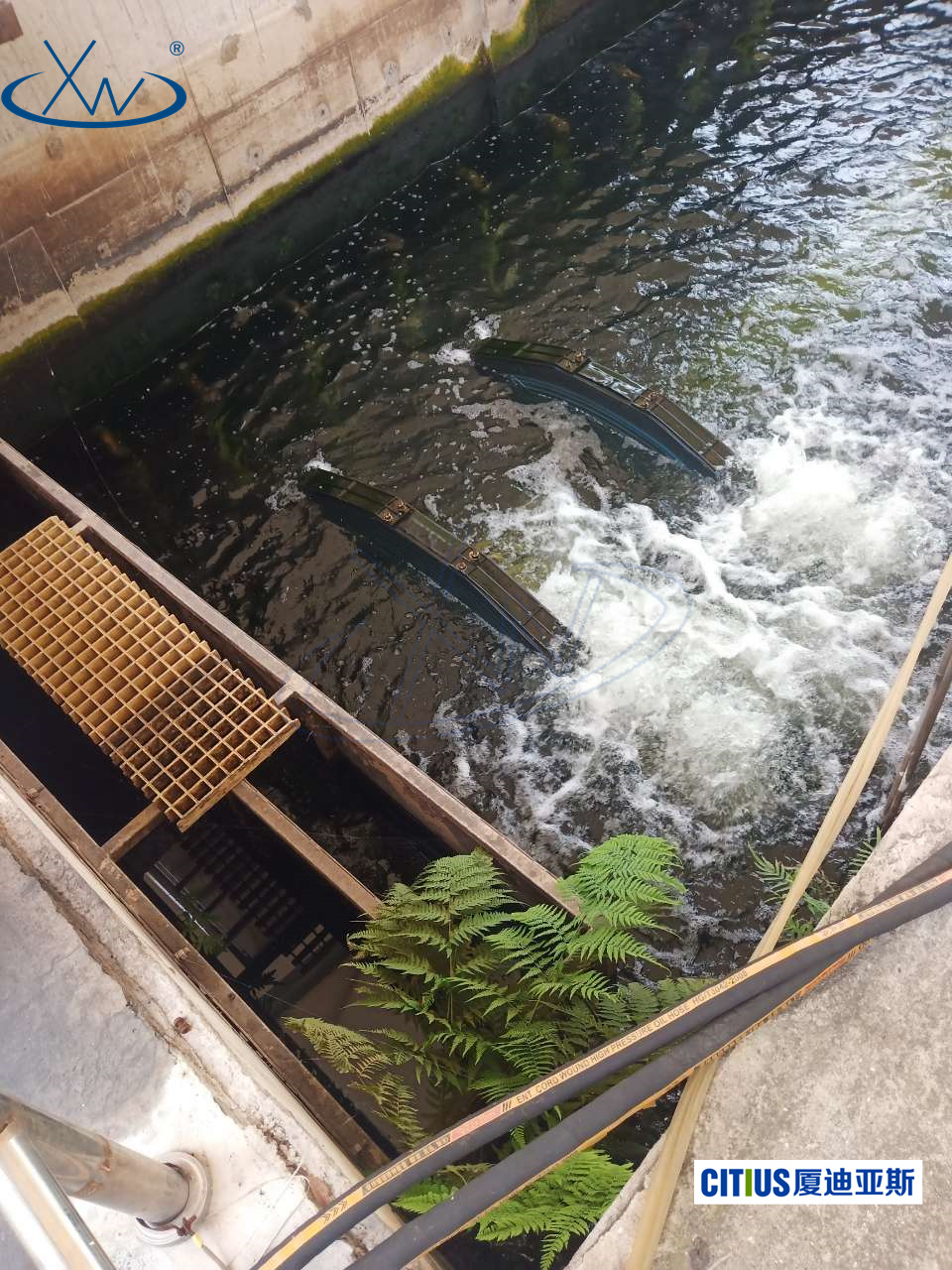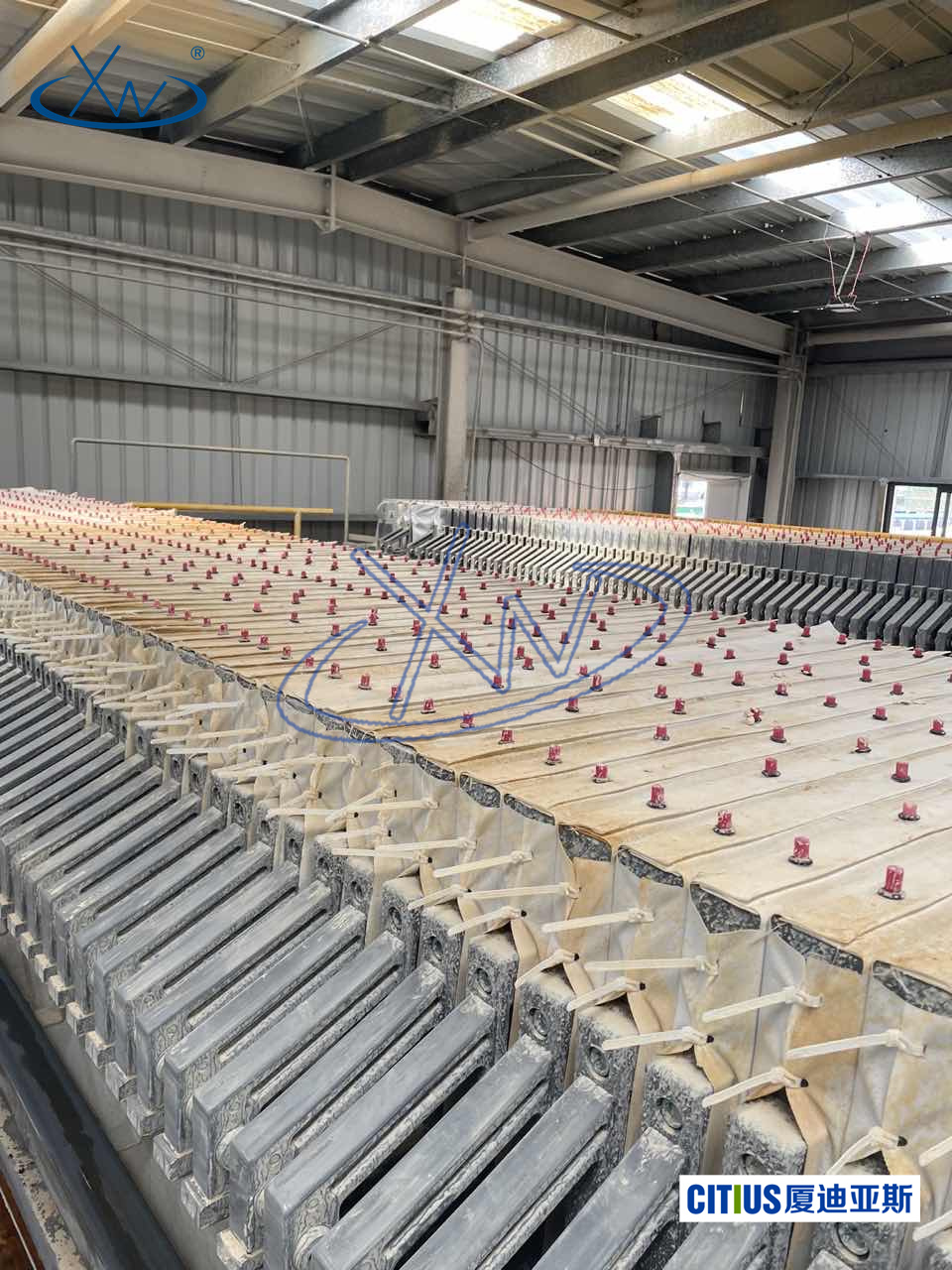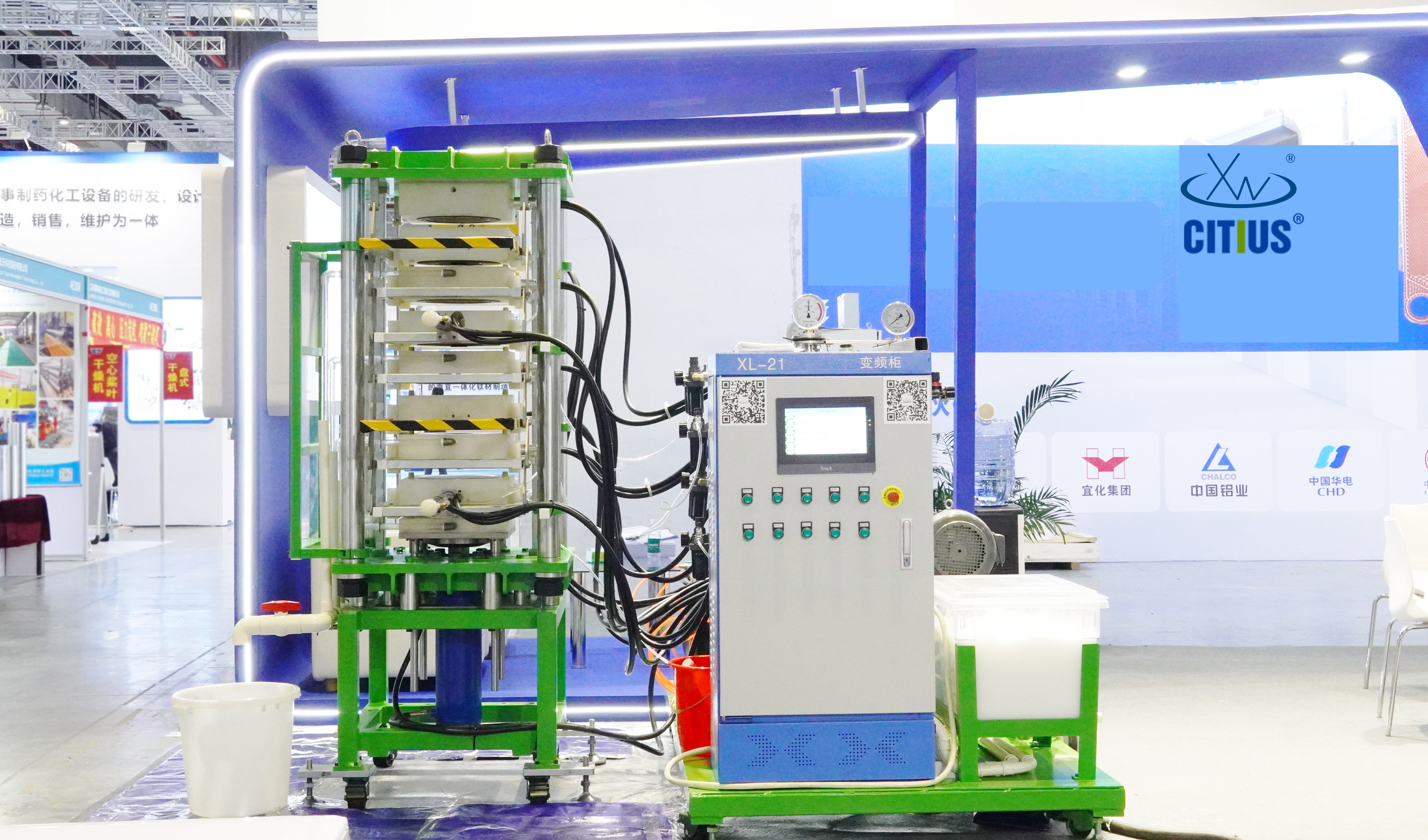How often should the filter cloth of a filter press be replaced? Replacement cycle of wastewater treatment filter cloth and manufacturer's recommendation
Release time:
2025-05-23
Exploring the Power Behind Filter Cloth: A Comprehensive Analysis of Filter Press Cloth, Industrial Filter Cloth Manufacturers, and Wastewater Treatment Replacement Cycles
In the field of industrial filtration, there is an invisible yet ubiquitous “ infrastructure ”—— —filter cloth. Whether in chemical processes, mineral processing and dehydration, or municipal wastewater treatment, filter cloth, as a key medium in equipment such as filter presses and belt filter presses, plays an irreplaceable role. However, for most people, filter cloth is just a vague term, and the underlying technology, performance differences, and replacement and maintenance cycles are often overlooked. This article will delve into the professional aspects of filter press cloth and industrial filter cloth, combined with actual application needs, to in-depth analyze the replacement cycle of wastewater treatment filter cloth and guide you on how to choose a trustworthy filter cloth manufacturer.
I. The Role and Classification of Filter Cloth: The “ Last Line of Defense in Industrial Filtration ”
Filter cloth, as the name suggests, is a filter fabric used for solid-liquid separation. It is usually made of high-molecular materials such as polypropylene, polyester, and polyamide. Through weaving or non-woven processes, it forms a medium with a microporous structure to intercept solid particles and allow liquids to pass through smoothly.
1.1 Classification by Application:
- Filter press cloth : Used in plate and frame filter presses, chamber filter presses, vertical filter presses, etc., requiring high strength, good acid and alkali resistance, and filter cake release properties.
- Belt filter cloth : Widely used in belt filter presses and vacuum belt filters, suitable for continuous production scenarios.
- Cylindrical and tubular filter cloth : Suitable for rotary vacuum filters or bag filters.
- Wastewater treatment filter cloth : Designed for filtering sludge with high moisture and high organic content, often requiring high regeneration and corrosion resistance.
1.2 Classification by Structure and Process:
- Monofilament filter cloth : Woven with single filaments, uniform pores, smooth surface, suitable for easy-release scenarios.
- Multifilament filter cloth : Composed of multiple strands of fibers, higher filtration accuracy, suitable for fine particle filtration.
- Composite filter cloth : Enhanced strength and lifespan through double-layer or triple-layer composite processes, suitable for high-pressure filter press equipment.
II. Performance Parameters of Filter Cloth: Key to Efficiency and Lifespan
Behind a high-quality filter cloth lies a balance and optimization of multiple technical indicators:
Performance Parameters
|
Description
|
|---|---|
Filtration rate
|
Volume of liquid passing through the filter cloth per unit time, determining production efficiency
|
Filter cake release
|
Ease of filter cake detachment from the filter cloth, affecting operation and maintenance
|
Tensile strength
|
Ability to withstand tensile force, related to service life
|
Corrosion resistance
|
Adaptability to acids, alkalis, oils, and other media
|
Dehydration effect
|
Residual moisture content in the filter cake, affecting processing costs
|
Cleanability
|
Cleaning and recovery efficiency, determining long-term economic viability
|
Each type of filter cloth requires precise matching of material selection and weaving processes based on industry scenarios. For example, filter cloth used for dewatering in wastewater treatment plants must cope with complex conditions of high viscosity and high corrosiveness, so it often uses high-toughness materials and special surface treatments to enhance regeneration capacity.
III. How Often Should Filter Cloth Be Replaced? Actual Replacement Cycles of Wastewater Treatment Filter Cloth
This is a crucial yet often vaguely handled issue in practical applications. In fact, the replacement frequency of filter cloth directly affects equipment operational stability and operating costs.
3.1 Typical Replacement Cycle Reference:
Application Scenario
|
Reference Replacement Cycle
|
|---|---|
Municipal wastewater treatment
|
3~6 months
|
Industrial sludge dewatering
|
2~5 months
|
Highly corrosive chemical sludge
|
1~3 months
|
High-load mining tailings
|
1~2 months
|
3.2 Factors Affecting Replacement Cycle:
- Usage frequency and filter press pressure : Long-term high-pressure operation will accelerate filter cloth fatigue.
- Sludge properties : High-viscosity or high-oil sludge will cause clogging, affecting cleaning and lifespan.
- Cleaning method : High-pressure water guns and online backwashing systems can effectively extend lifespan.
- Filter cloth quality : High-quality filter cloth has stronger tear resistance and regeneration capacity.
- Usage process management : Failure to clean in time, loose filter cloth, edge damage, etc., will lead to premature failure.
3.3 Practical Suggestions:
- Check the filter cloth surface and edges for damage weekly;
- Rinse or brush immediately after use to prevent sludge from hardening and bonding;
- Establish filter cloth usage records, track replacement frequency, and optimize procurement plans.
IV. Choosing the right filter cloth manufacturer: It's not just about price, but also a combination of professionalism and service.
Filter cloth is not a general-purpose consumable, but a technical fabric that requires customized design and process support. Choosing a high-quality filter cloth manufacturer means lower maintenance costs and higher equipment operating efficiency.
4.1 Core capabilities of a high-quality manufacturer:
- R&D capabilities : Whether it has the ability to independently develop different filter cloth structures and functional surface layers.
- Customized design : Whether it can design according to customer equipment models and operating parameters.
- Production process : Whether it possesses advanced processing technologies such as heat setting, edge binding, gluing, and laser perforation.
- Industry experience : Whether it is deeply involved in sub-sectors such as wastewater treatment, mining, chemical industry, and pharmaceuticals.
- After-sales service and technical support : Whether it can provide replacement cycle assessment, selection suggestions, and on-site guidance.
4.2 Recommended selection process:
- Clarify operating conditions : Types of wastewater, filter press type, temperature, pH value, etc.;
- Target parameters : Expected filtration rate, peelability, and service life;
- Sample cloth testing : Request samples for on-site pressure testing and filtration experiments;
- Manufacturer comparison : Process details, delivery guarantee, technical support capabilities, etc.;
- Procurement agreement : Determine batch size, cleaning plan, and estimated replacement cycle.
Conclusion: Filter cloth may be small, but its value is significant.
In complex and variable industrial environments, the quality of a filter cloth often determines whether the entire filter press system operates efficiently. Especially in the wastewater treatment industry, the replacement cycle, material compatibility, filtration rate, and dehydration capacity all need to be addressed from the source. Therefore, choosing an experienced and technically sound filter cloth manufacturer is not just a procurement action, but a strategic deployment.
Industrial development cannot be separated from filtration, and filtration innovation cannot be separated from good filter cloth. May every environmental professional and industrial user “ Choose the right cloth, use it well, and replace it accurately ” ,creating greater green value and production efficiency in seemingly small details.
Xiamen Citius Filter Media Technology Co., Ltd. ( Xiamen Citius Filter Media Technology Co., Ltd. ) was established in 2009 year, and has been deeply involved in the industrial filtration system and filter cloth material field for over 30 years. It is a leading brand in China's industrial textile products —— filtration materials (conveyor belts) technical textile research and manufacturing industry. The company has national high-tech enterprise qualifications and is the drafting unit of the industry standard for belt filter press filter belts. It focuses on providing customized, high-performance industrial filter cloth solutions for global customers.
In the field of wastewater treatment, Citius provides a variety of professional filter cloths suitable for filter presses and belt filter presses. Products cover single-filament filter cloths, non-woven fabrics, composite filter cloths, etc., with excellent corrosion resistance, fast filtration speed, easy cleaning, and good peelability. They are widely used in municipal wastewater, dyeing sludge, chemical waste liquid, food industry, and other industries.
In addition to standard products, Citius also provides customized filter cloth processing services, including gluing, thermal edge binding, laser perforation, and anti-clogging coating treatment, to meet the diverse needs of customers in different filter press equipment and complex operating conditions. At the same time, Citius has also developed advanced equipment such as new nano-micrometer powder filter presses and intelligent filtration systems, promoting the transition of industrial solid-liquid separation from traditional to intelligent, green, and efficient.
If you are looking for a reliable filter cloth supplier or filter press system solution, Xiamen Citius is willing to be your long-term trusted partner, helping to achieve every bit of cleanliness and efficiency.
